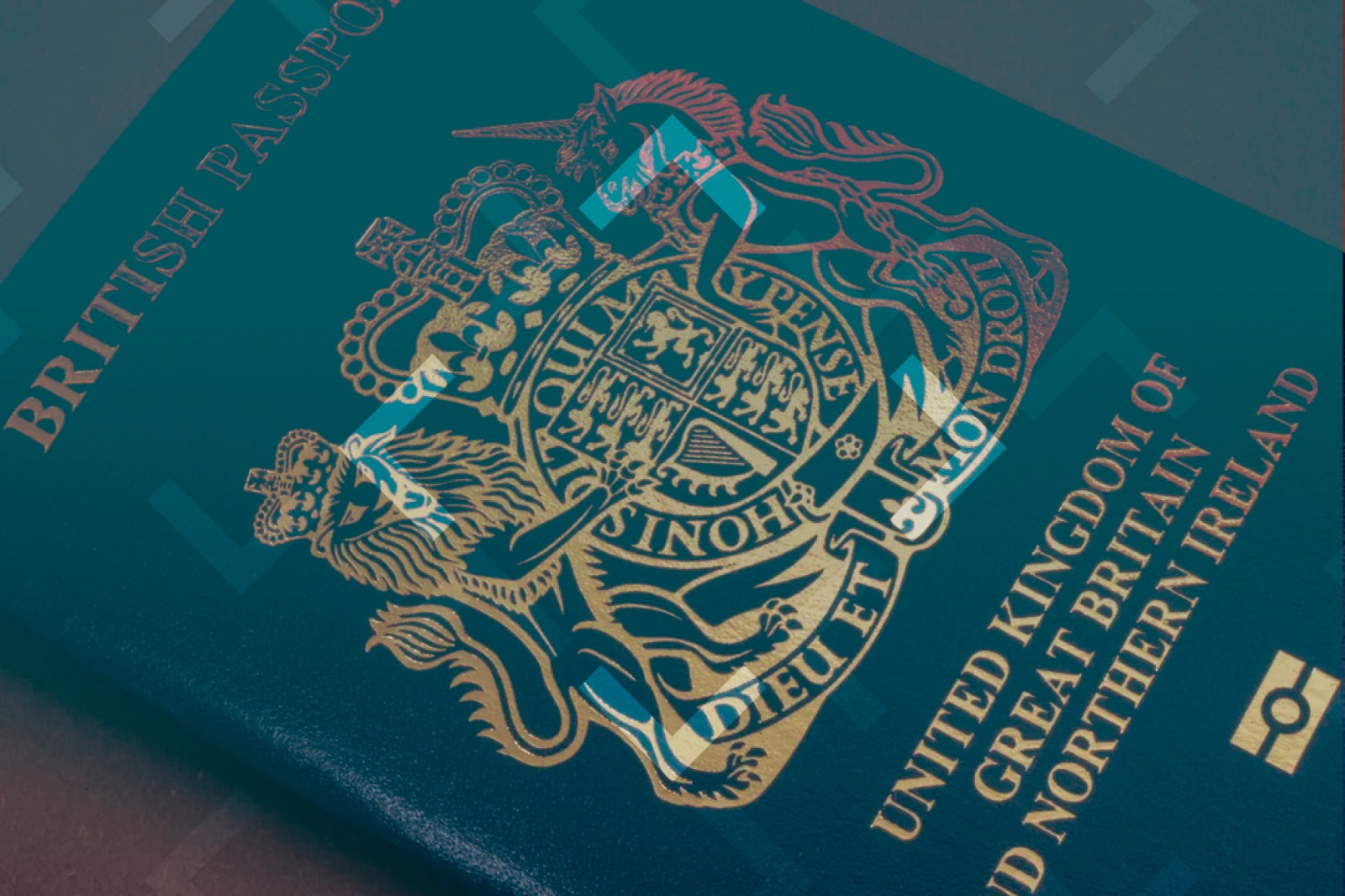Relying on Documents Linked to Driving or International Travel
As outlined in the scenario, there are currently only a few mainstream forms of photo identification commonly used and accepted in the UK - driving licenses, passports, and PASS cards. However, these forms of ID are linked to activities like driving, international travel, and proving one’s age to purchase alcohol - leaving many without a single universal form of ID simply to prove their identity. Longtail keyphrases like “national identity card UK” and “universal personal identification UK” should be supported to help address this gap. For those without the need or ability to drive, travel abroad, or drink, the options are very limited unless one relies on carrying various documents like birth certificates, adoption papers, and marriage certificates as described. However, these documents alone do not sufficiently prove identity.

Difficulties Proving Identity Without the “Standard” Forms of ID
The scenarios clearly illustrate the difficulties that can arise when someone lacks the more standardized forms of identification. In the first case, the individual expresses a desire for a single ID card not linked to optional activities. In the second, the wife had no single document with her photo to prove who she was. And in the third, a financial institution was unable to verify the identity of an elderly client with dementia due to his lack of a passport or driver’s license. In all situations, essential tasks requiring proof of identity became challenging or impossible without a universal alternative. The number of organizations, services, and transactions now requiring photographic ID is growing, exacerbating this issue over time for those without passports or licenses.
Arguments For and Against a National Identity Card Scheme
There has been ongoing debate about implementing a national identity card system in the UK for decades. Proponents argue it could address issues like those illustrated here by providing a basic, universal form of identification for all. However, opponents remain concerned about potential privacy issues and see identity cards as an unnecessary expansion of government control. While privacy and security are valid concerns, modern technoogies like digital ID verification may help address these through platforms like the proposed “Yoti app.” Furthermore, the lack of a national ID system today does not necessarily equal more individual freedom - it can also mean less freedom of choice and ability for some in needing to participate in driving or travel to obtain ID. Overall, a balanced solution may be possible by implementing an ID card scheme focused on verification of identity alone rather than linking to additional databases.
Alternative Non-Driver Models From Other Countries
Other nations have successfully implemented universal ID schemes without compulsory linking to additional records or requirements. For example, in Switzerland, citizens are issued with a national identity card or passport which are the primary and sole means of identification internally. Neither driving nor other activities are prerequisites. Similarly, in Germany, most citizens choose to obtain a national identity card independent of driving status. Both countries maintain individual privacy protections while still providing all residents with readily available primary photographic ID. The UK could learn from these models that issue identity documents to verify “who someone is” as a basic right of citizenship, residency or nationality - not linked to secondary factors like ability to drive.
Options Like Digital ID or Non-Photo Documents
For those who remain opposed to a traditional plastic ID card, alternative options could still help fill the gap. The “Yoti” digital ID app outlined in the scenario presents one potential model if widely adopted. Reliance on non-photo documents like birth certificates could also be supplemented with programs making these more readily accessible and verifiable online through tools like digital credentials and blockchain-based trust networks. Although risks would need careful management, innovative digital identity solutions may satisfy both privacy protection and universal identification needs if thoughtfully designed and implemented. Overall, creative compromise may be possible through open discussion of flexible, modernized solutions rather than continuation of or reaction against past debates alone.
In Summary
In closing, while individual motivations and capabilities vary widely, universal identification is a basic need in today’s digital, identification-dependent world. The current UK system leaves some without fully adequate means to readily prove who they are for important tasks and services. Looking at the diverse identification models of other well-functioning nations, combined with new technical possibilities, it seems options do exist to fill this gap in a rights-respecting manner. An creative, open discussion of both traditional and innovative solutions may help identify a balanced path forward to better serve all UK residents’ identification needs and rights to participate freely in modern society. Progress requires considering diverse perspectives and priorities with an open yet discerning mind.

 Les meilleurs moyens de voyager en train, en avion ou en bus de Bangalore à Ahmedabad
Les meilleurs moyens de voyager en train, en avion ou en bus de Bangalore à Ahmedabad